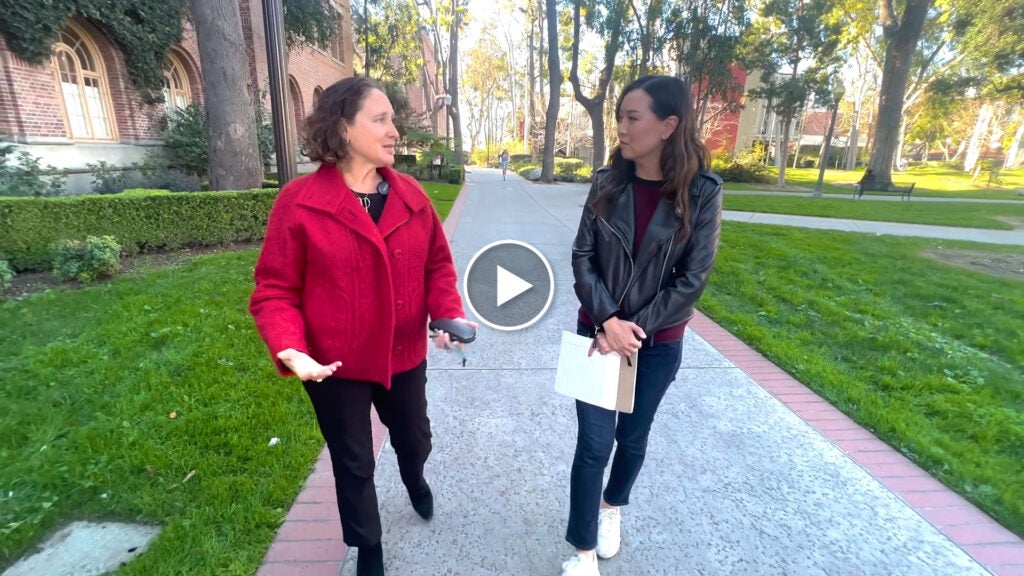
How to harness academic expertise to tackle societal challenges
During the first few weeks of the COVID-19 pandemic, Los Angeles County officials faced an urgent crisis. They knew that hundreds of thousands of the county’s 10 million residents might go hungry because of job losses and the breakdown in the community food supply, but they didn’t know who was affected and didn’t have a ready means to find out.
Money wasn’t the problem. The county had federal emergency funding to provide food assistance. But it lacked information to reach the right people, some of whom had never been food insecure before. The way food insecurity is measured in the United States does not capture granular, real-time changes on the ground. The data that county leaders had to rely on in April 2020 had last been updated in 2018. Complicating matters, public-health orders to stay at home meant that the food-assistance landscape had to be drastically reimagined. The county needed help, but its Emergency Food Security Branch did not have a research arm to analyze the rapidly changing circumstances.
Too often, when faced with crises such as this one, policymakers must rely on a combination of obsolete data, guesswork, and luck to help the public. In this case, however, a new approach was possible. Public Exchange was conceived and built at the USC Dornsife College of Letters, Arts and Sciences, where I serve as dean, to deploy academic expertise at scale to address societal problems and to reinvigorate public trust in research as serving the public good.
Read the full article in the Stanford Social Innovation Review >>
